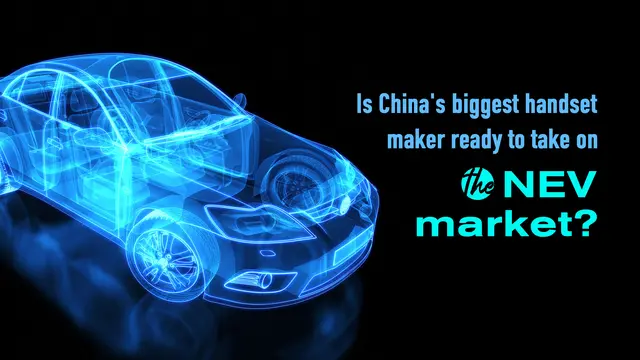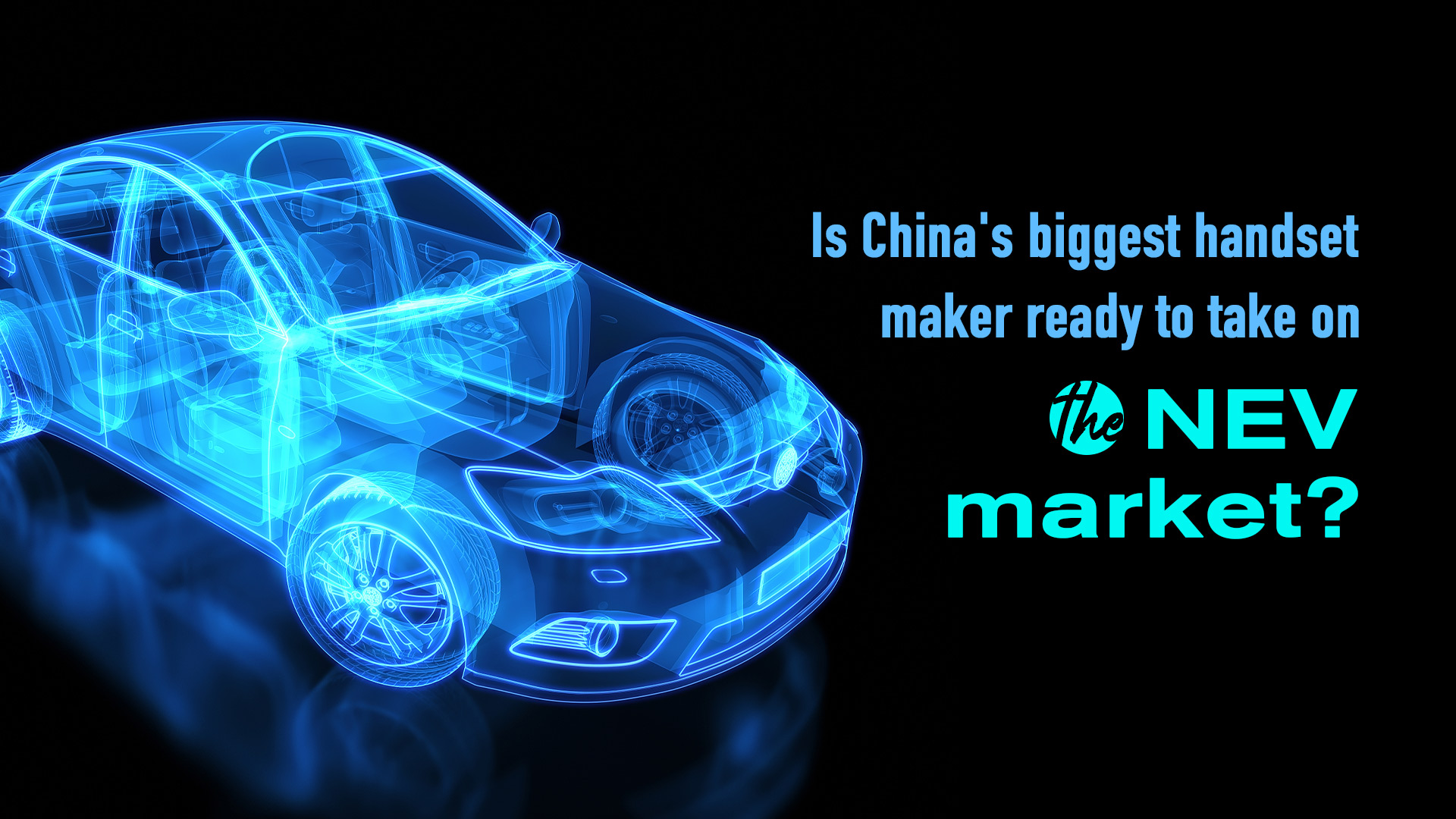
Reports that China's biggest handset maker, Xiaomi, is planning to enter the new energy vehicle (NEV) market have boosted the company's shares.
Xiaomi's share price soared about 12 percent during trading on Friday and closed at HK$30.65 ($3.95), 6.42 percent higher than the previous day.
"Please wait for an announcement," Xiaomi said on Friday in response to media requests for comment, without confirming or denying the reports.
The company ranks No. 3 in global smartphone market share in both third and forth quarter in 2020 behind Apple and Samsung, according to data service provider IDC.
The Beijing-based technology company has already carried out research and development related to automobiles and started exploring peripheral technologies.
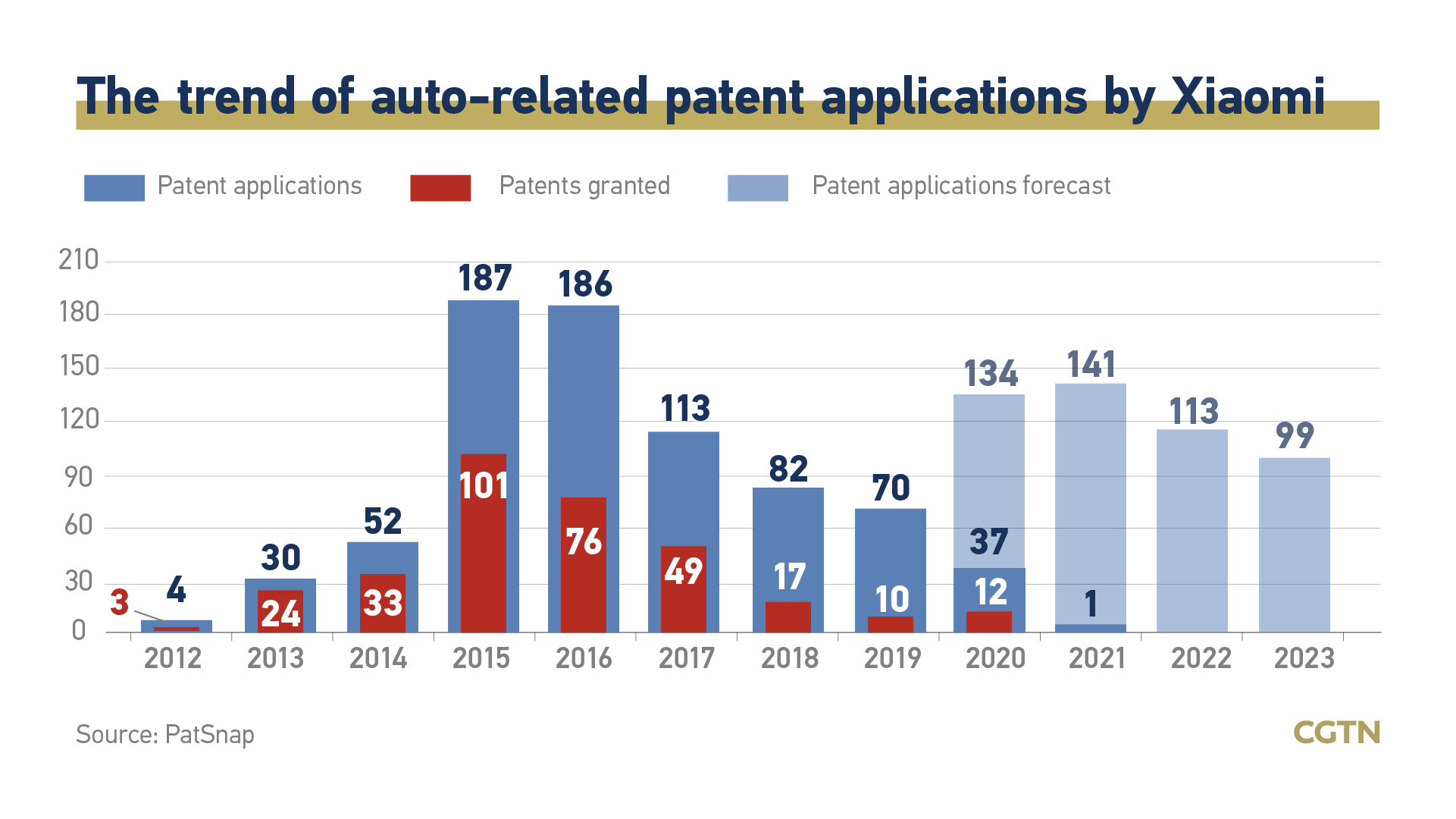
The handset maker has 834 auto-related patents, in which the invention patents exceed 96 percent, according to PatSnap, a SaaS platform providing intellectual property listing service.
Xiaomi's patent applications mainly focus on sectors including wireless communication networks, electronic data processing, digital transmission, image communications, traffic control systems, distance measurement and navigation, while the proportion of automotive parts is very low.
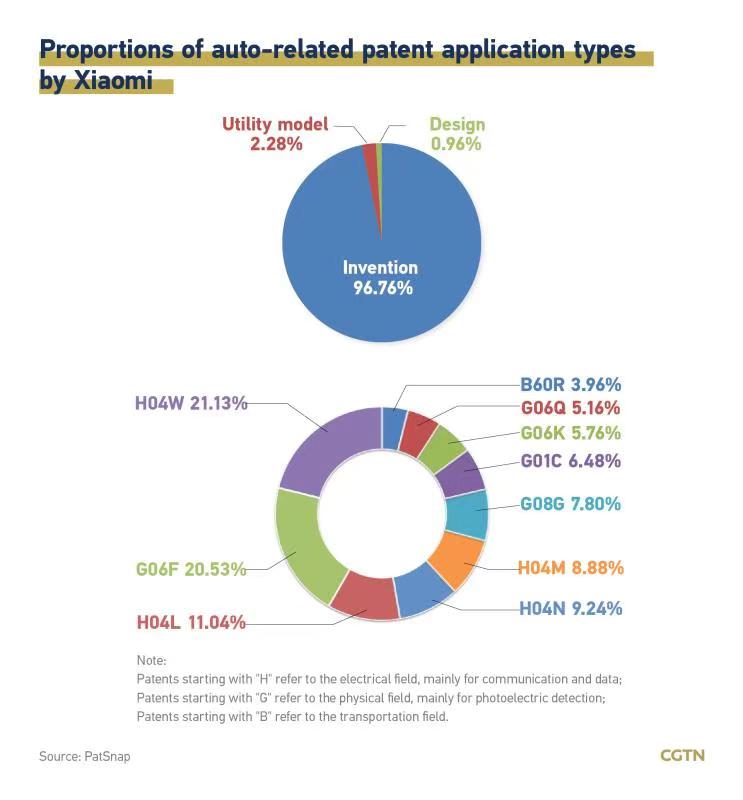
Based on this, Xiaomi may pay more attention to the interactivity and safety of the automobile, instead of only regarding it as a means of transportation, PatSnap said.
PatSnap data showed 86.33 percent of the company's patents have been applied in the Chinese mainland.
The number of Xiaomi patents is still relatively small compared with American electric vehicle manufacturer Tesla and its Chinese rivals NIO, Xpeng, Li Auto and China Evergrande New Energy Vehicle Group. However, its patent value of $113 million ranks second, just behind Tesla's 2,008 patents valued at $218 million, PatSnap data showed.
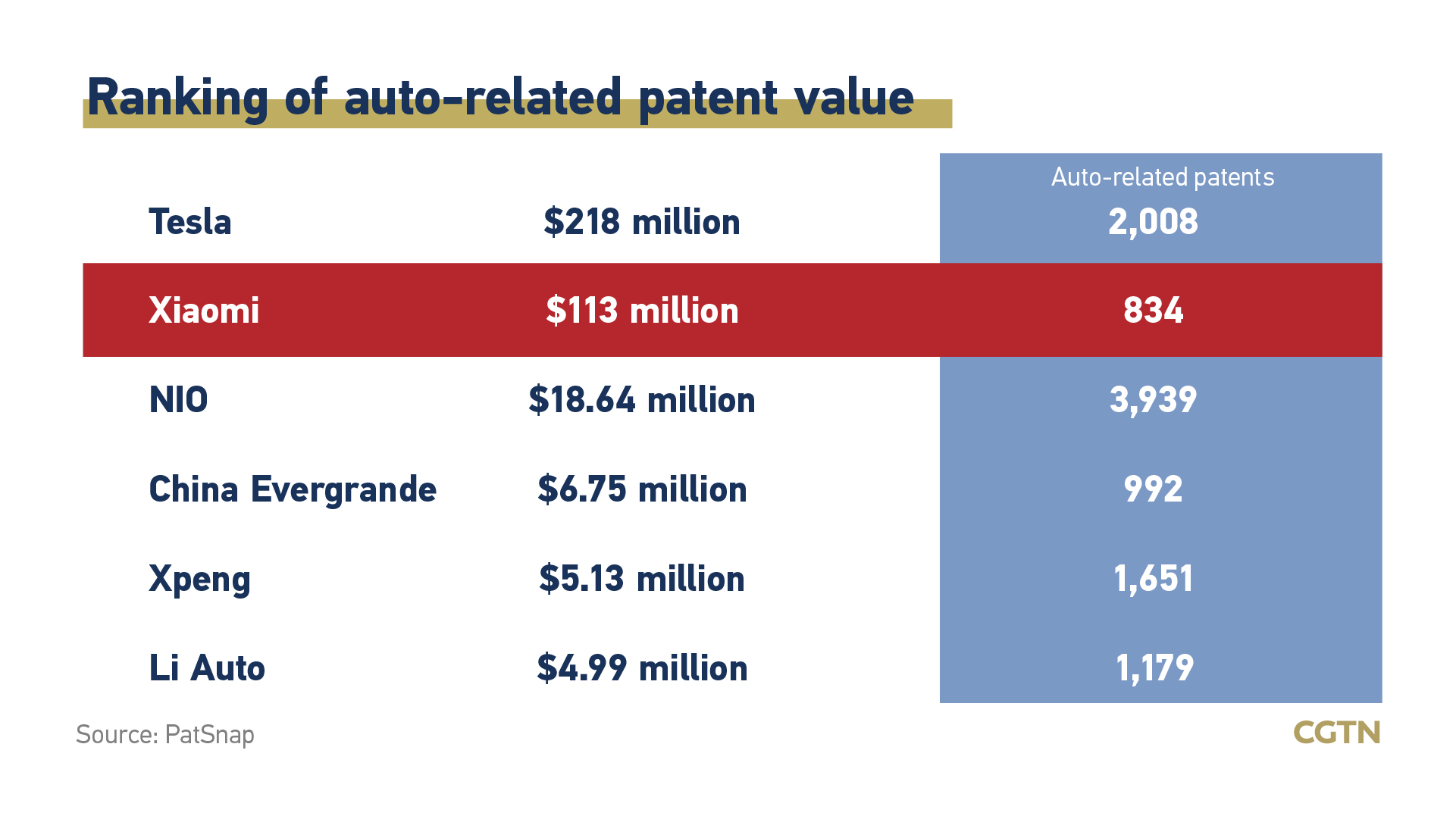
It will hardly be a surprise if Xiaomi does eventually step in the NEV market.
The company's founder Lei Jun has already invested in NIO through his venture capital firm Shunwei Capital, which was NIO's first institutional investor. Lei has also invested in Guangzhou-based Xpeng.
In 2014, Xiaomi bought into digital map firm Careland. Last year, the handset maker became a strategic investor in in-car service system developer Shanghai Pateo Electronic Equipment Manufacturing.
 简体中文
简体中文

